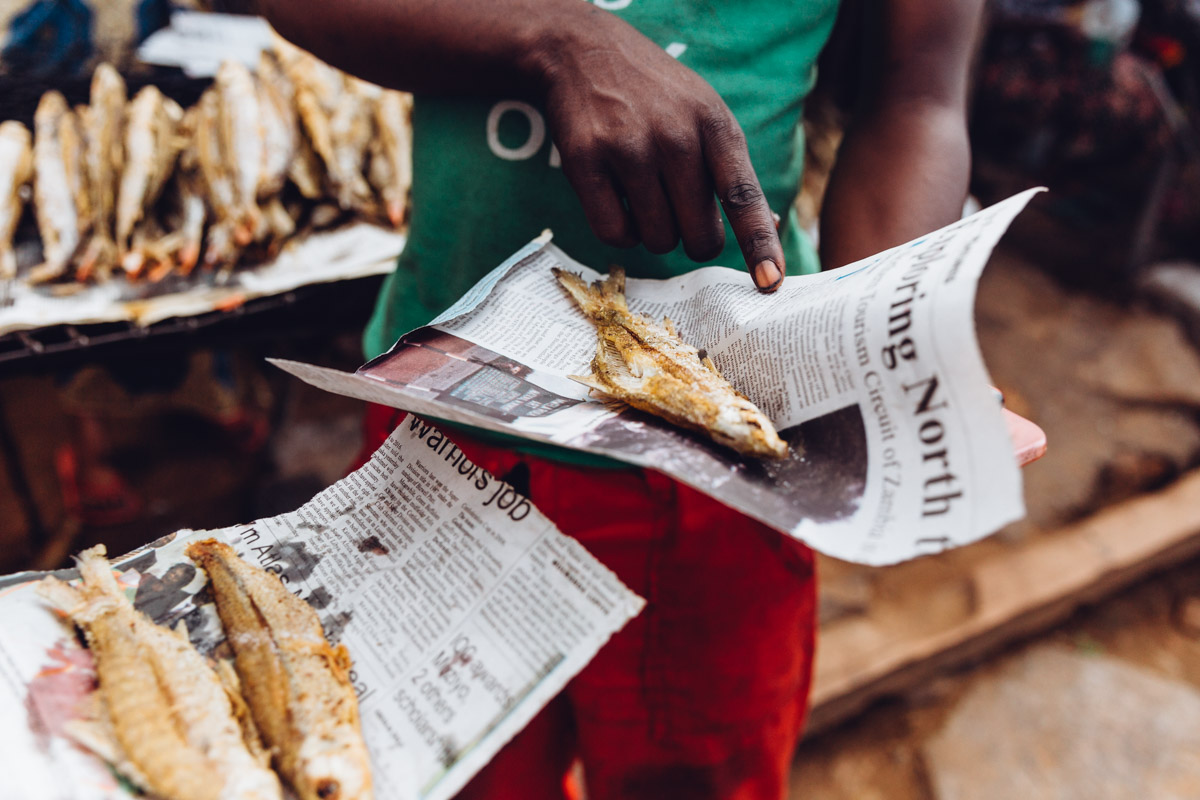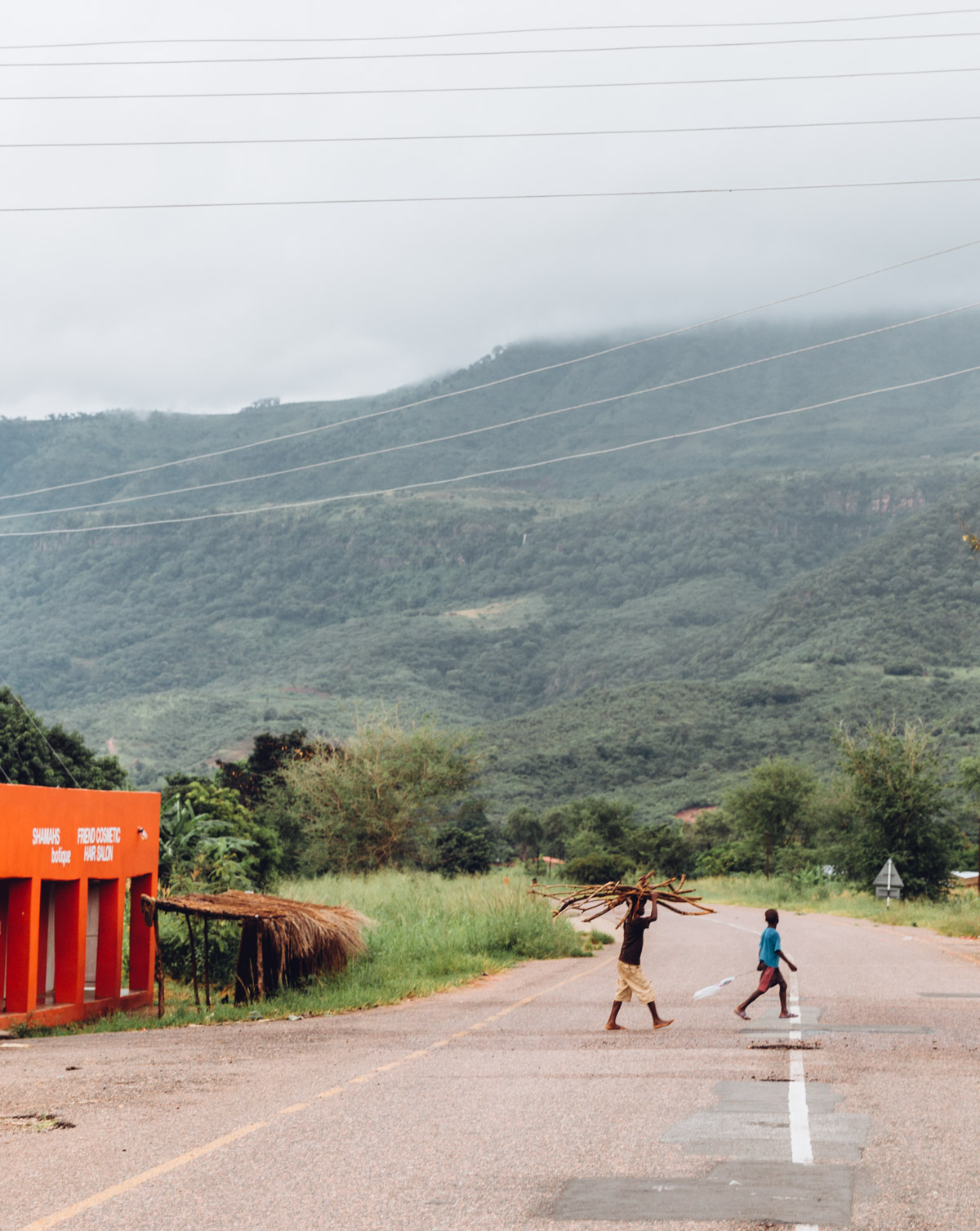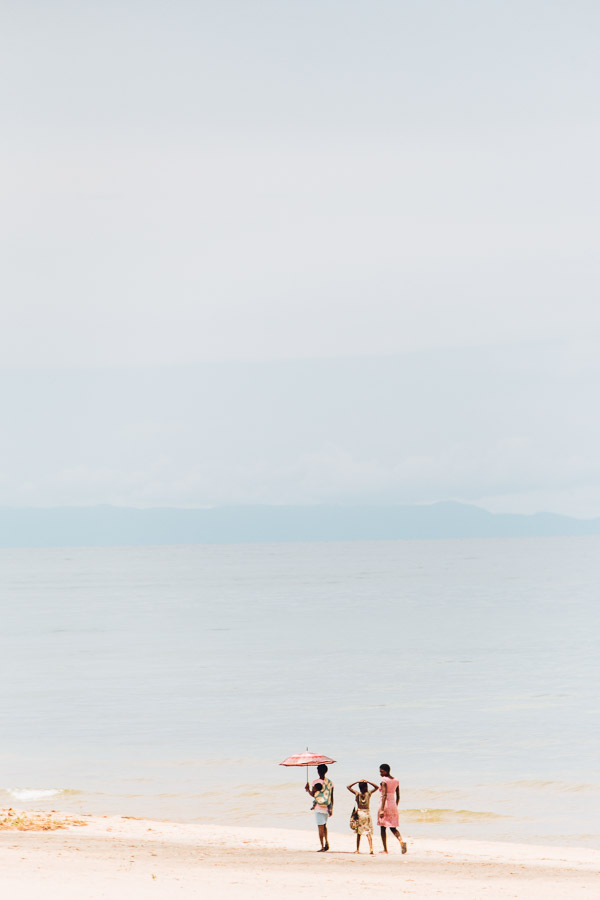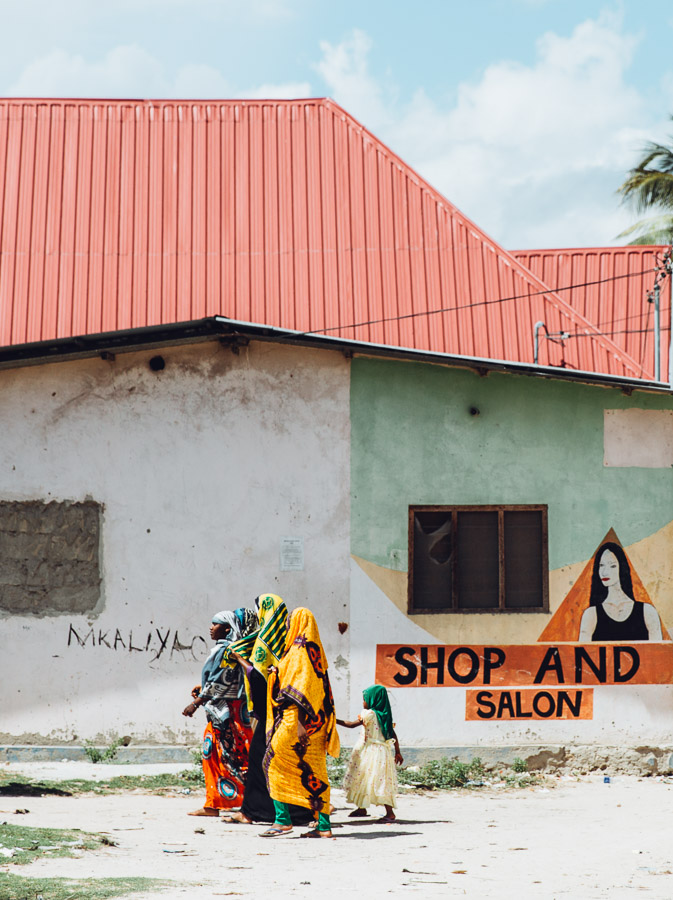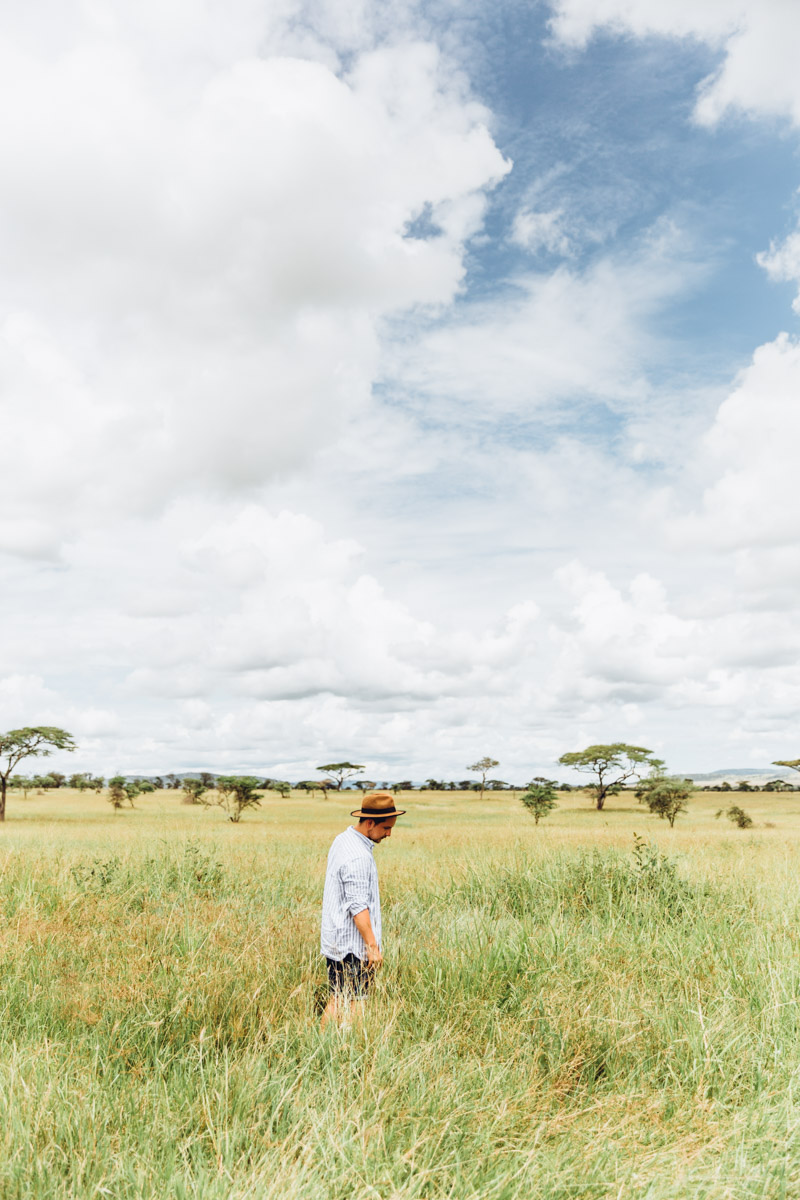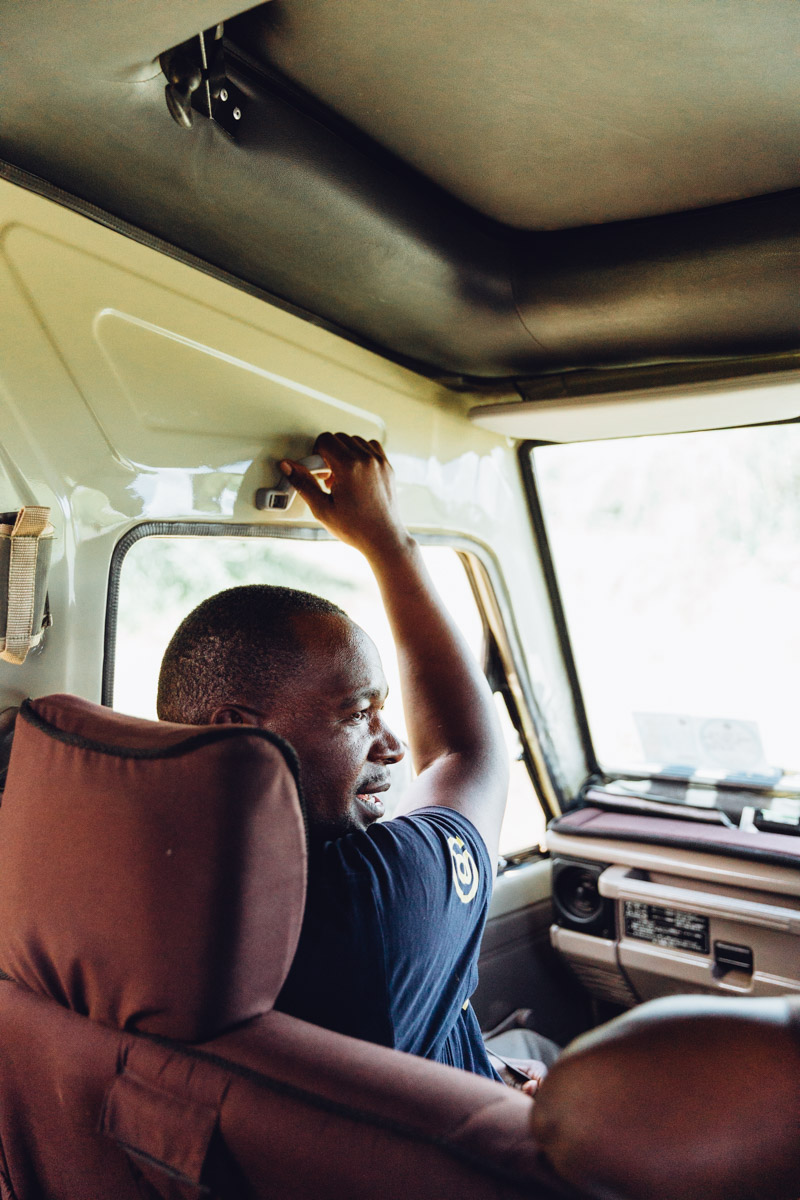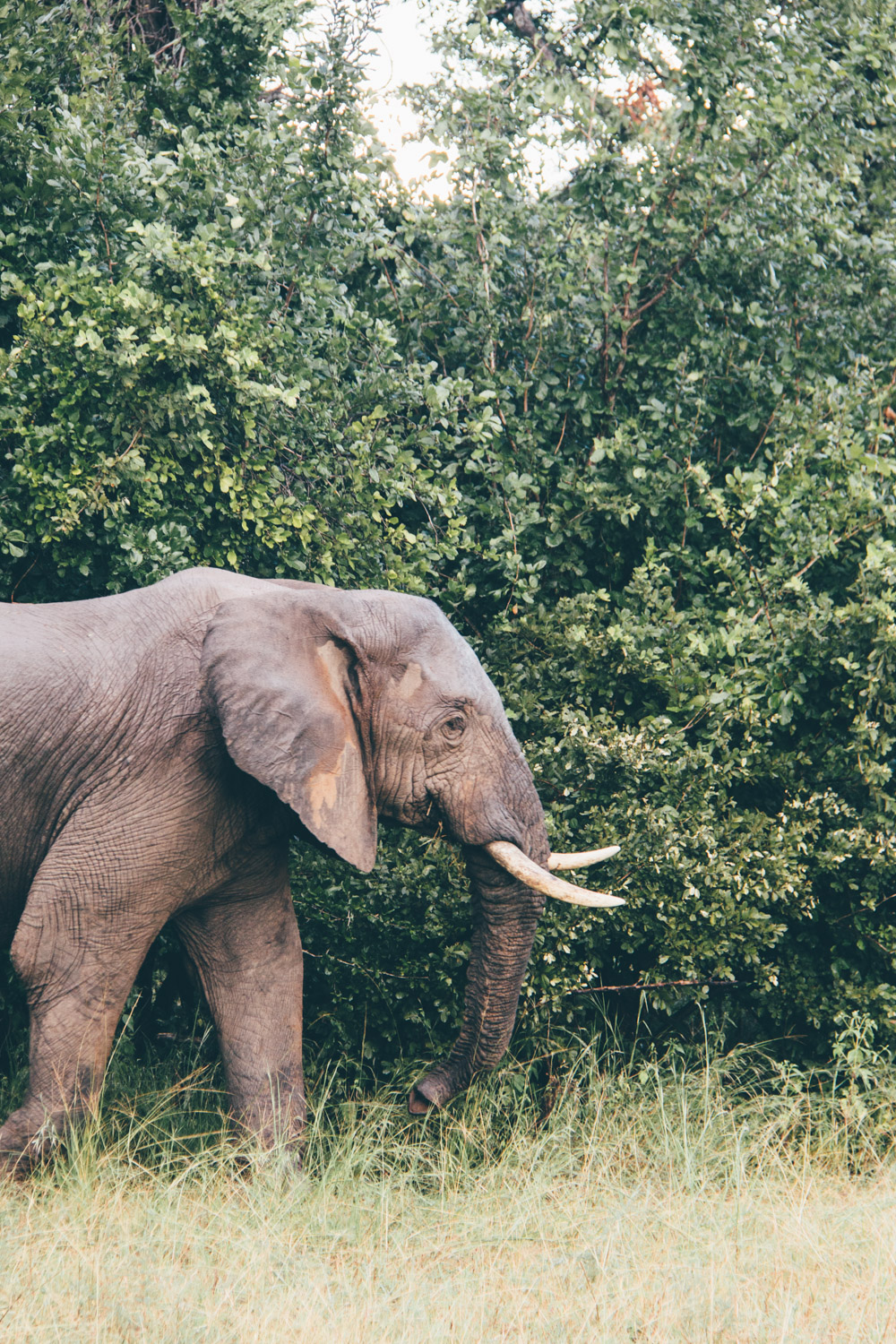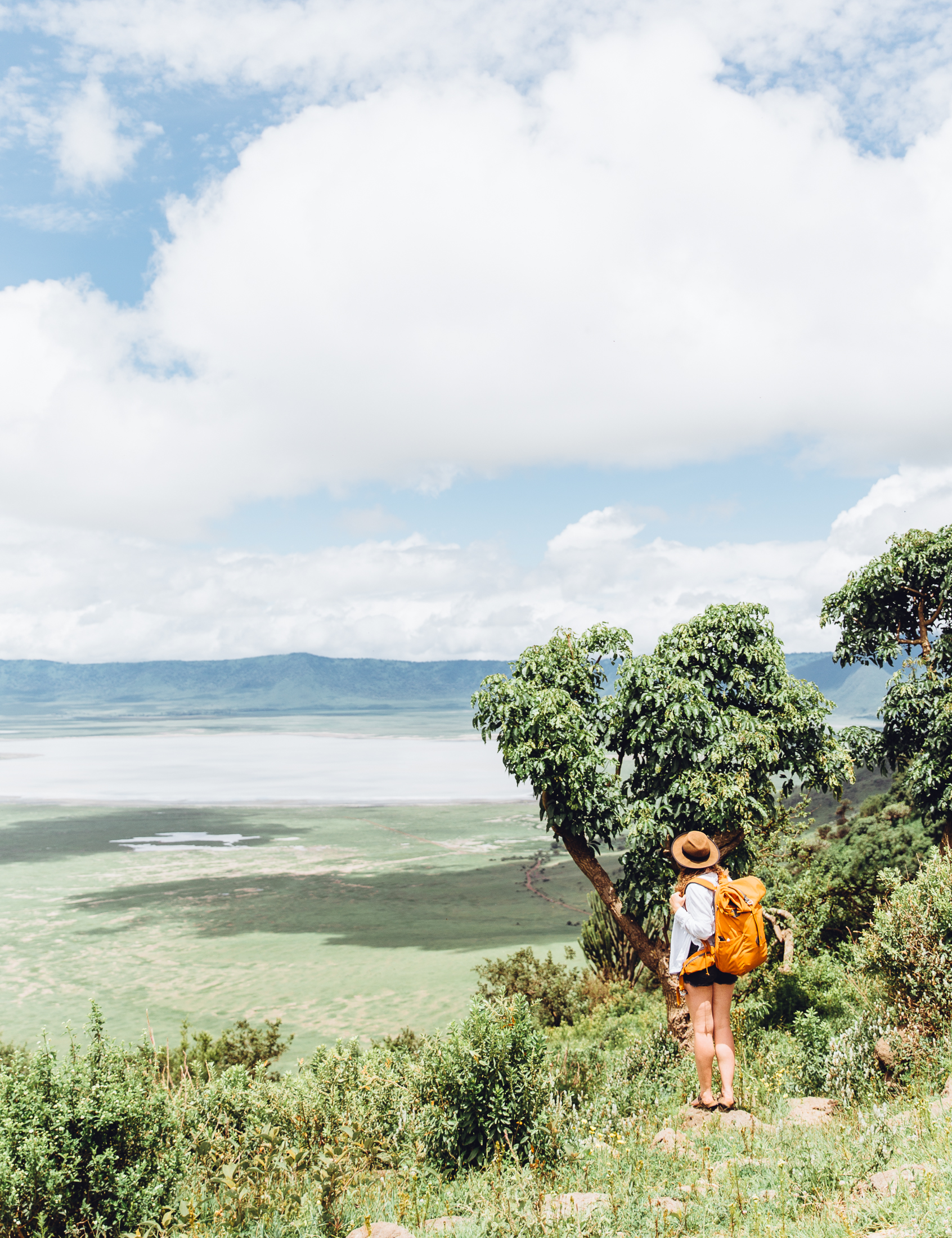“It doesn’t seem like it was real”.
Emily and I stood sweating in yet another queue within a queue at Nairobi Airport. The evening flight back to London was delayed.
For me too, it was difficult to really comprehend what had just passed.
When one awakes from a dream, there is at least the shock of the familiar to bring you back to reality. Your senses sniff, taste, feel and view what they know, carrying you back from whatever wonderland your head had transported you towards overnight.
Standing in that queue in Nairobi, surrounded by people becoming steadily irate at the surrounding lack of organisation, neither of our heads were yet returned to the reality required to wake us up.
Instead, they were still suspended half-way between our present and our recent past.
They were with in the Seregenti.
They were by the shores of Lake Malawi.
They were smelling lemongrass in Zanzibar.
They were on a dusty road through Zambia.
We didn’t want to wake up from a world where wild elephants roamed towards mango trees in front of us, where our passports were running out of pages, where our big purple bus travelled down miles and miles of the types of roads which gave our blog its name, where beaten up Toyotas and Land Rovers were our everyday wheels, where hundreds and thousand of wildebeest instinctively marched from horizon to horizon, where lightning storms cracked to light the endless African sky, midnight rain melodies battered your corrugated rooftop, and the sound of flatulent hippos formed the bassline of the bush’s night-time cacohpony, where pink bananas were passed through the bus window, and an early morning alarm and an unzipped tent was the harbinger that you would be transported to another dreamland of mythical beasts or tales of wonder by the end of the day.
We didn’t want to wake up from our African dream.
“A condition of receiving too much information or stimulation via visual or audio sources; overstimulation of one or more senses.”
That’s the definition of a sensory overload; but we think it works best to describe the various causes of our dream state. Three weeks overlanding through five sub-Saharan countries is a surefire way to ‘overstimulate one or more senses’ in the best way possible.
We’ll be direct with you though.
Despite being well travelled travellers, and having visited many a country which would invoke paranoia and fear in everyone’s parents, we did have something holding us back from visiting this part of the world. Or, perhaps it's that we didn't have anything drawing us towards it.
For most who explore, a seed is planted early. Something subliminally creates that ‘can’t quite put a finger on why I simply have to go there’ slow-burn attraction and urge to visit a place. It may be due to some childhood storybook, a film or a fleeting interaction. A moment which, from the endless possibilities presented to us on a map of the world, makes us feel like this place or that place is the one for us; somewhere we simply have to venture towards with eyes and heart wide open.
Sub-Saharan Africa hadn’t had that innate and intuitive draw for either of us.
Perhaps due to too many negative portrayals, perhaps due to ignorance, perhaps due to too many binary representations of life there, perhaps due to an unintentional prejudice, or perhaps because we were both undeniably more naturally drawn to other parts of the world which are equally different, equally misrepresented and equally divergent from our day-to-day realities and privileges.
Thoughts of travel in Africa, for one half of us at least, were not so much focussed on all the wonderful possibilities, interactions and happenstance that could occur there, but rather diminished by fears that it may become an African nightmare.
Maybe some of you reading this have shared that sentiment and that hesitancy.
It was however a sentiment to which we were well aware of and ‘woke’, but it still never made us reconsider and look too much to this part of the world when making our own independent travel plans.
Instead, Central America called. South America called. Our homes called. Europe called. Asia called.
We needed to open up to Africa, to understand its scale and diversity, and we needed to normalise Africa as a continent for us to (hopefully) venture toward again and again.
That's why taking a tour from Victoria Falls to Nairobi, our first ever time discovering a place in the relative hand-held comfort and assurance of a set multi-day itinerary when you know exactly what's around the corner, was so attractive to us.
Different to our usual travel style, but still attractive.
Different, but something we hoped would provide a relatively authentic and meaningful introduction into that most sacred of things to the modern day traveller - a place you've never been before.
A night under Serengeti starlight perhaps sums up best the surreal wonder of our three weeks.
We had been a little reticent about camping for 18 or so days out of of 21, but it felt like a way to connect and bring a sprint of adventure to a time when everything else is pretty much laid out and taken care of for you. You know someone will drive you from A to B, you know everything’s booked in advance, you know you’ll be safe - camping adds that little bit of jeopardy into the mix, a shot of the unknown.
The morning - it was a Tuesday - was spent driving in dry heat. Wildebeest were, quite literally, everywhere on the approach. A wily zebra often accompanied them. Deo, our baritone-voiced and pot-bellied driver guide, who would been a chief if history had panned out differently, was an expert spotter. He saw the leopard and her baby in the tree that afternoon, the lions in the distance and the colourful prancing birds in the trees.
Sitting on plastic chairs in a concrete hut, we shared a simple dinner of rice, sauce and veg.
Our group gathered around the sparking campfire built by the young men who make a living out of supporting and serving the G Adventures groups who visit this open-sided campsite. A light westerly wind billowed plumes of smoke and tales of childhood religious experiences, supernatural skepticism and latest Netflix recommendations were shared as we sipped warm cans of Kilimanjaro beer and gazed upwards.
Starlight glitter was streaked across the twilight sky, a sky which only a few hours earlier on our approach had burned the oranges and purples of a Lion King sunset.
Chris, one of our G Adventures’ tour leaders with a smile that went on for days, was sharing another of his stories from the road (he's been doing this trip for years) and much-needed advice on how to spot encroaching wildlife if you went for a midnight pee. How to distinguish between a predator's eyes and an animal you have to be (just a little) less concerned over.
It was at this moment alone which, after days of driving through unknown Tanzanian towns and settlements and sustaining a couple of soggy nights in tents, where everything faded into the background.
Happiness cannot be purchased, but experiencing that single night of friendship, kinship and campfire camraderie under Serengeti starlight, is a moment that comes pretty close to a definable transaction for joy.
It’s what we all travel for.
As the dying embers crackled, headlamps were donned and we crawled into our sleeping bags. Between us, Emily and I had agreed that our phones - save for setting the 5.30 a.m. alarm - would be left dark.
No reading the news we’d saved, no editing photos, no desperate refreshes to see if we had messages on the mobile internet signal which never appeared.
Instead, we would lie there on red Masai blankets.
We would let the moment sink in together.
Emily would gaze through the mesh tent door to see if she could spot a four-legged interloper, and crane her neck toward the sound of hyenas and lions gossiping in the night.
Disconnecting in 2018 is difficult but, when the soundtrack is the animals of the Serengeti and the only natural light comes from another galaxy shining through your tent door, it’s the easiest thing to do in the world.
Our three weeks, led by the never-fading smiles and never-ending patience of the indefatigable Justus and Chris, were peppered liberally with moments like this. Moments which we all dream of and would excite the senses if we felt they were possible and attainable in our own lives. There were, of course, also long days of travelling in a bus, a lingering and permeating tent scent, and early morning rises where we just wanted to stay in our sleeping bags for an hour longer.
But would we trade in our Serengeti moments for that extra hour now? Not a chance.
It would be easy to trap Africa in that view which has dominated many of our western attitudes to it for decades, but it would also be all too easy to gloss over them in order to create an idealised travel narrative.
So let’s just agree to the following:
Yes, there is widespread and systemic poverty. Yes, there is a long way to go in terms of development. Yes, at times our own privilege and wealth for a white European background provided such a stark juxtaposition that it felt shamefully absurd.
Those are all things we all know already, and features which will persist and pervade for decades to come.
But, that isn’t the experience of ‘our Africa’ - i.e. the bit of Zimbabwe, the bit of Zambia, the bit of Malawi, a lot of Tanzania and a night in Kenya - we want to tell you about.
The prevailing parts pessimistic and parts patronising narrative of the African content - the one which paints the picture of a place of diversity and worthiness in a solely pessimistic and partly patronising light - is out there in spades. And there are many writers, publications and newspapers who can provide much more educated insight into the various political issues such as corruption and impunity, or how the fight against HIV/AIDS and malaria is still so important and racked with issues.
Those are all things we all know already.
Instead, what we want to tell you about is the place where we were passed freshly cut pineapples through the window that tasted like a piece of heaven.
We want to tell you that the parts of Africa we visited actually seemed far more developed than we had assumed and expected. That, in this rainy season, it was greener than we had ever imagined. That an exploited continent’s enduring diversity, heritage and pride was clearly evident and compelling. That English football games are watched with fervour and devotion. That starched white school shirts and socks are worn with a sense of dignity and pride that we've never seen a school uniform worn with previously. That there are way too many speed bumps in Tanzania. That Justus can somehow cook meals each night which will not only keep us vegetarians happy, but meant we actually put on weight. That you will be called ‘muzungo’ wherever you go by the children who insist on happily waving at you with radiant smiles as you drive past, but that somewhere in your teen years something happens to make those waves stop. That in Malawi, there are many mud huts and bicycles, but in Tanzania it’s more brick, corrugated iron and fantastically pimped-out motorcycles. That there are avocadoes the size of your head (not my head because it’s massive) which create fantastic guacamole. That whoever is in charge of naming the shops needs a medal - 'Village Champion Grocery, Uncle Promise Barber Shop, Faith Kills Fear Shopping Point, Divine Favour Hair Saloon, Kiss Kiss General Store were just some of our favourites. That Scottish football shirts from 2008-2012 are worn all over Malawi. That our tour guides, between them, spoke over 15 languages and didn’t really view it as a big deal. That 'Africa time' generally means it'll take at least double what someone tells you. That little girls carry their dolls in a wrap on their back, because that's how babies are carried here. That BJ and Chris (a different Chris) in Zambia can change a safari-jeep's flat tyre in ten minutes - by torchlight - after a hungry lioness has just wandered past in the opposite direction. That tribal identities are still incredibly strong both politically and socially, in ways I’m still trying to comprehend. That barbecued fish at a truck stop is divine.
That we only scratched the surface.
If travel does one thing for us all, then it should make us see the world differently.
This three week adventure camping across five countries in eastern and southern Africa did just that.
And it allowed us to experience the easier, more tangible aspects of our Africa dream - experiencing three safaris and seeing the 'big five', gazing at Serengeti starlight, being soaked by Victoria Falls, visiting paradise beaches in Zanzibar, and witnessing the Great Wildebeest Migration - at the same time.
We discovered somewhere exactly how we imagined it, whilst gaining a whole new perspective.
I sometimes rail off that, in this age of limitless information and accessibility, we shouldn’t always have to directly experience something to understand it, appreciate it or know about it. Yet, no matter how many articles I had read, or documentaries I had watched, or photos I liked on Instagram...I did not have a clue about this part of the world until I stepped foot into it and drove down its dusty roads, hiked to its waterfalls, spoke to some of its people, tasted its food, watched its sunsets and took a chance on travelling in Africa.
We hope you will too someday.
Until then, you can visit it in your dreams.
Along Dusty Roads is a member of the G Adventures group of Wanderers.
You can find more information about the 20-day small-group overland tour we took with G Adventures from Victoria Falls, including the full itinerary, here.
If you would like to find out more about G Adventures' travel style, approach to small group tours and various adventures available all over the world, then go ahead and visit their website.
We will be publishing more guides on our Africa tour in the coming weeks, and you can now read our advice and preparation post Everything You Need to Know Before an Africa Overland Tour.



